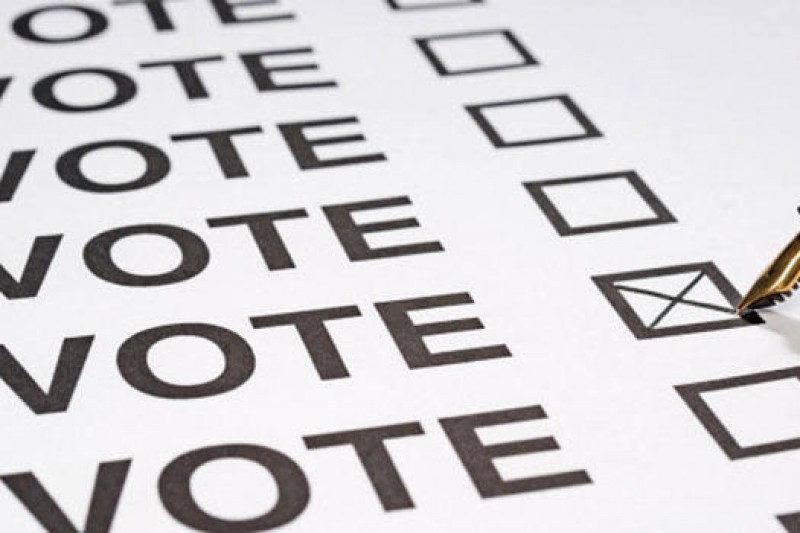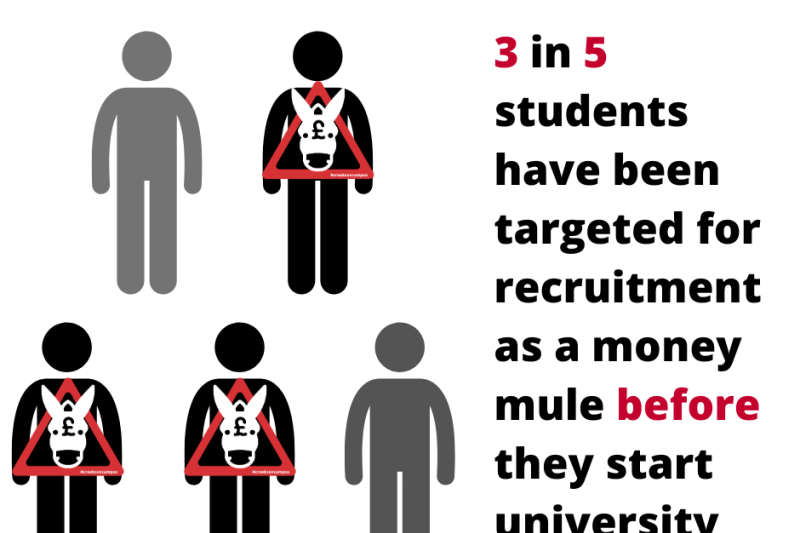
Prime Minister Rishi Sunak has called a general election, which will see the nation head to polling stations on Thursday 4 July.
Registered voters will be able to cast their vote in-person between 7am and 10pm on Thursday 4 July, selecting the candidate that they would prefer to represent their constituency in Parliament.
We’ve prepared some guidance about what you need to do to exercise your right to vote in the upcoming 2024 General Election.
Voting as a student
As a student, you may be able to register yourself at two addresses, to include your term-time address and your home address. You will only be able to vote in the election once.
Some international students also have the right to vote in elections in the UK. More information about who is eligible to vote in a general election is available on the electoral commission website.
Register to vote
If you’re eligible to vote, you must make sure you are on the electoral register. You may also need to register again if you have a change of address or a change in name for any reason. You only need five minutes and your National Insurance Number to register to vote online. You can find out more information on the electoral commission website.
Apply for a postal vote
If you’ll be away from home or abroad during the general election, you have the option to apply for a postal vote. This allows you to complete a ballot paper remotely and post it to your polling station. You can apply for a postal vote on the government website, you must be registered to vote first.
Apply for a proxy vote
Another option, if you’re unable to physically be at a polling station on polling day, is to apply for a proxy vote. A proxy vote allows someone to vote on your behalf at a polling station. This option is only available if you are away on polling day, are registered as an overseas voter, have a medical issue or disability, or are not able to vote in person due to work or military service. You must apply for a proxy vote by 5pm, six working days before the election.
Hitting the polling station? Remember your voter ID!
This is the first general election where you will be required to present a form of identification to vote. This could include a passport or driver’s licence – but it is a good idea to check you have identification that is applicable in advance of voting day because you will not be able to vote without it.
If you don’t have an accepted ID type, you have the option to apply for a Voter Authority Certificate from the government. You can find out more on the electoral commission website.



